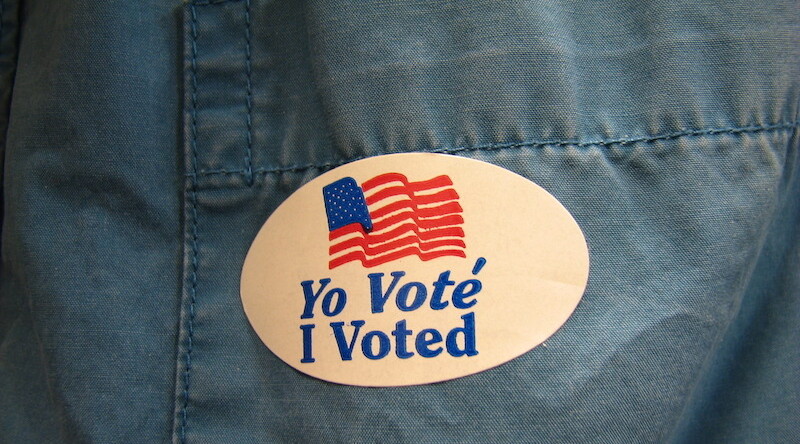This article originally appeared on the Ethics & International Affairs blog.
The Trump administration's initial efforts to marry "America First" with a traditional Republican approach to foreign policy seems to be giving way to a more clearly defined approach I would label as "transactional internationalism." It is not isolationism or withdrawal from world affairs but an effort to shift the basis of U.S. engagement and to define a series of quid pro quos for U.S. involvement. (Some of my colleagues prefer to define the Trump approach in terms of mercantilism—taking action to support domestic economic interests.)
Transactional internationalism is meant as a riposte to the traditional "bipartisan consensus" which the Trump team characterizes as a way for other nations to get a naive U.S. to foot the bill for global public goods while they pocket the rewards. As we have also seen in the reaction of the executive branch to the Jamal Khashoggi affair, it also places concrete benefit over abstract values as the main motivating force to action.
The death of Khashoggi seems to have been the catalyst for Senator Bernie Sanders, who during the 2016 campaign tended to deal with foreign policy issues episodically, to develop a more detailed summary of his perspective, which was on display in an address given at the School of Advanced International Studies at Johns Hopkins University. Whether this is in preparation for a 2020 run, or, even more critically, to begin to develop a coherent set of positions for an expected "Bernie" caucus of Sanders supporters among the new Democratic members elected to Congress in 2018, I summarized it as a form of selective engagement, one where the U.S. partners with other countries to advance specific values and practices—but where the U.S. assumes costs rather than join with partners who may offer security or economic benefits but who do not share a commitment to democracy, human rights, respect for labor and the environment.
The call to put democracy at the center of U.S. foreign policy follows in the wake of the Center for American Progress blueprint, but my read shows that Sanders is not rehashing the democratic enlargement strategy of the past but redefining it. If I read his comments correctly, it assumes that the U.S. should be prepared to disengage from regimes that do not overall enhance the cause of democracy and labor at home and among our allies; that Americans should be prepared to produce more domestically (even at higher costs) than engage in free trade with countries who do not uphold these standards; and that a reduction in American interventionism abroad reduces the need to have to rely on less-democratic/more authoritarian partners in order to preserve forward engagement.
Sanders' follow-up piece in The New York Times applies this concept of selective engagement to Saudi Arabia. Sanders focuses on the war in Yemen and the U.S. role in aiding the Saudis, but behind that, and based on the Johns Hopkins speech, my read between the lines is that greater domestic energy production (reduction in usage and greater investment in non-traditional sources) and a reduction in American interventionism in the Middle East reduces the importance of Saudi Arabia to the American economy and to its security needs, which allows for the U.S. to be far more critical of how the kingdom is governed. In turn, a reduction in U.S. interventionism reduces the generation of threats against the United States itself, which lessens the need for the kingdom as a security partner.
Trump argues that allies need to purchase protection from the U.S. Sanders has riposted that allies must be worthy of U.S. support. In both cases, these positions challenge the assumptions about U.S. foreign policy.



